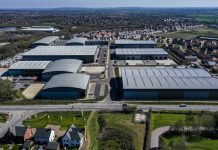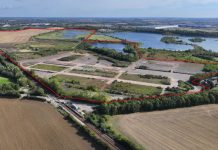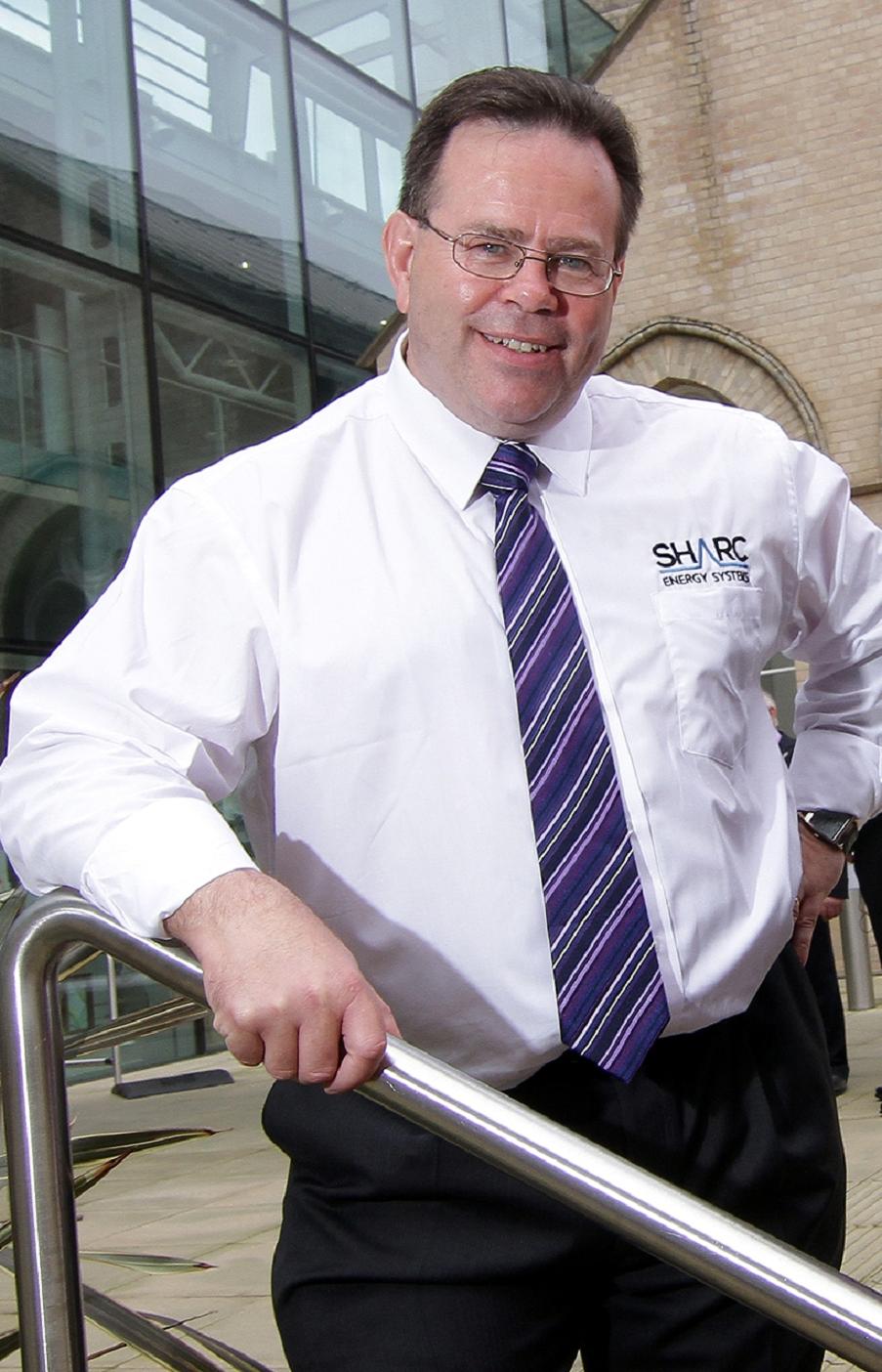Nottingham City Council is to undertake a feasibility study into the possibility of adopting new technologies to support the further development of local district heating systems across the city.
The Council was awarded grant funding by the Department of Energy & Climate Change to conduct the research and is working with Nottingham engineering consultancy CJR Midlands and renewable energy specialists SHARC Energy Systems. It will be complete by the end of July.
The research will review the suitability of using Sewage Heat Recovery as a low carbon heat network opportunity to develop district heating solutions to add to the current energy from waste district heating system.
Gail Scholes, Head of Energy Services, is leading the project at Nottingham City Council and said: “The Council is exploring the possible use of combined Geo-exchange and heat recovery technology to demonstrate how this can be used to supplement our existing heat delivery network. As this is about using innovative technology, we are beginning the process by carrying out a detailed assessment of the waste heat potential across the city centre. This will investigate the viability of sewage heat recovery technology. CJR and SHARC have been appointed to undertake this study.”
Stephen Cooke, Operations Director at CJR Midlands, explains: “The Heat Network Delivery Unit, or HNDU, project involves research into the viability of a combination of low temperature heating loops, otherwise known as Geo thermal heat storage, sewage heat recovery and the connection of heating dominant and cooling dominant buildings at strategic locations across Nottingham.”
Russ Burton, CEO of SHARC Energy Systems adds: “Working in partnership with CJR, SHARC will support the feasibility study project by conducting the research and testing, based on our experience in and knowledge of new and emerging technologies in the field of renewable heat.
“SHARC will deliver a range of services as part of its role. The initial research will cover a site survey, high level heat mapping and energy analysis of large buildings in the designated area, combined with a detailed review of the sewage runs to ascertain the suitability of available heat to supply a new sewage heat recovery system. We will also undertake a geological analysis of the city centre area’s bedrock and the suitability of the ground to support a Geo thermal store and ambient loop distribution system.”
He adds: “The study includes a detailed review of the Sneinton Market development, to establish the current heat load requirements and feasibility of the proposed heat distribution strategy within the building’s services. We will then create an energy model to demonstrate the renewable heat energy available in the area to service the heating requirements of the development and identify any surplus that could be utilised by other nearby sites.”
Within the next 18 months, SHARC plans to build its own dedicated manufacturing base in Nottingham and expects to create up to twenty jobs by 2016. Initially, manufacturing in the UK is licensed to Flowmech Products in Leicester.






















